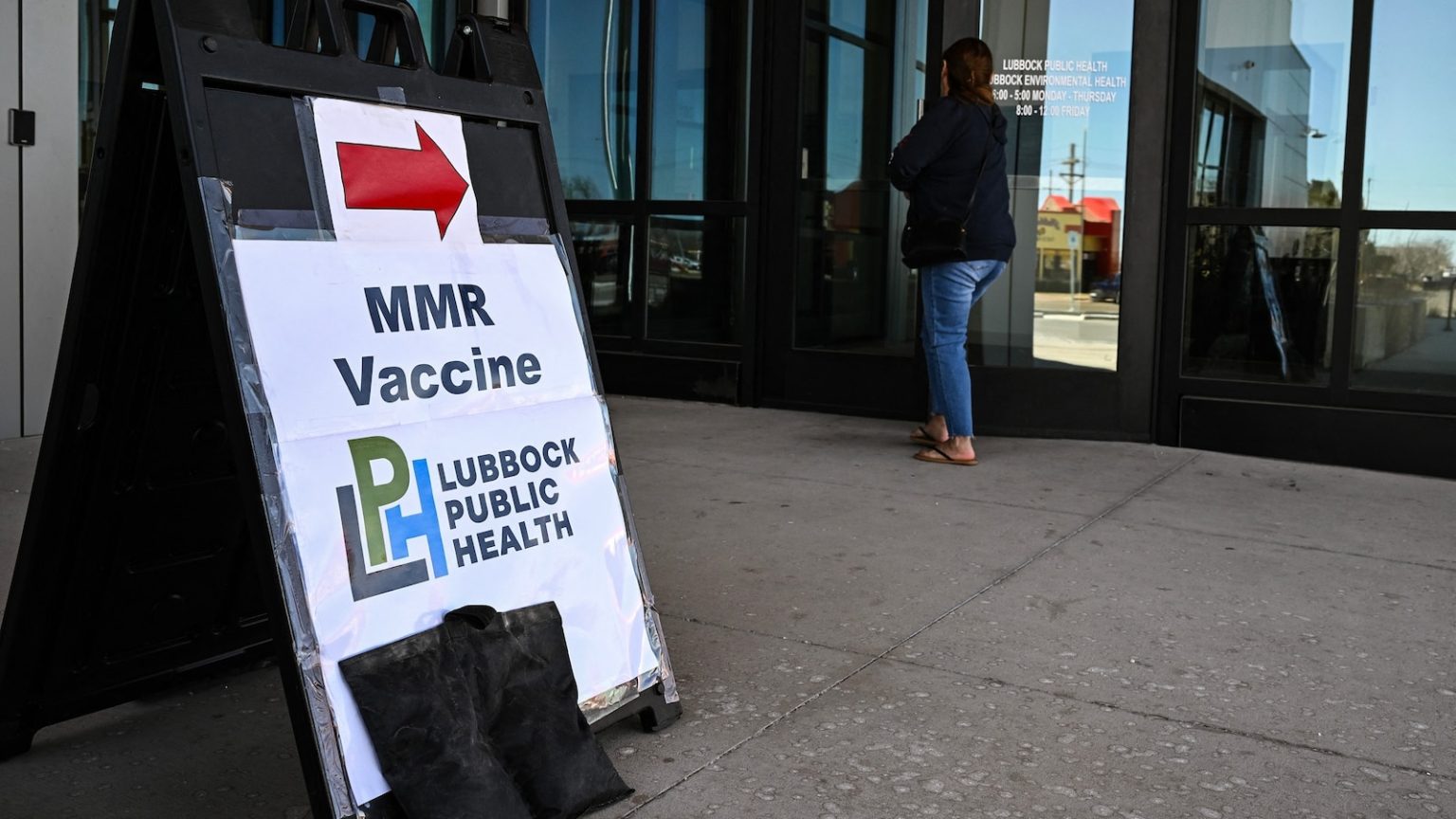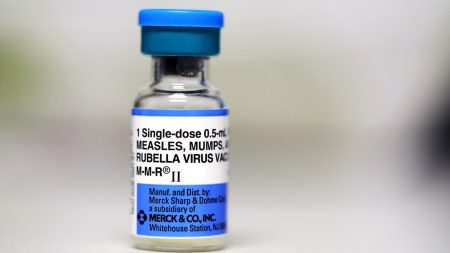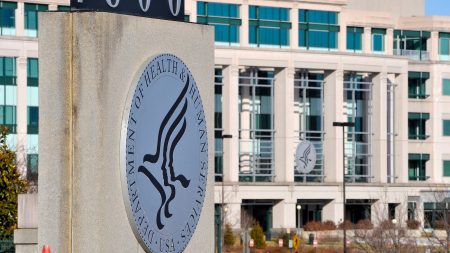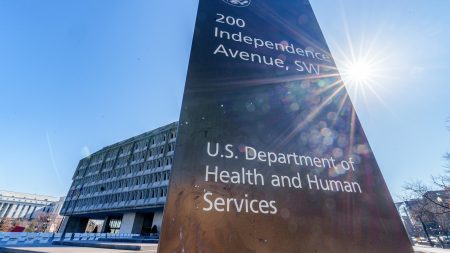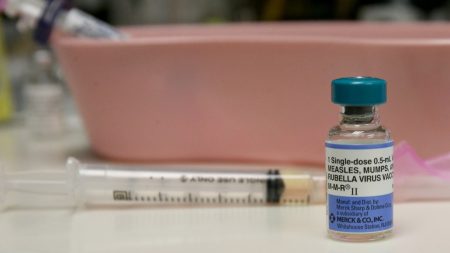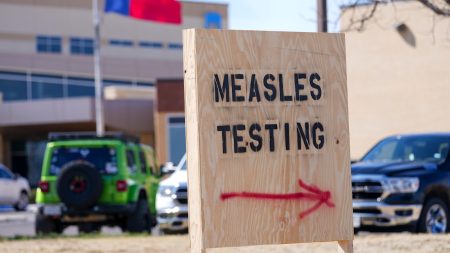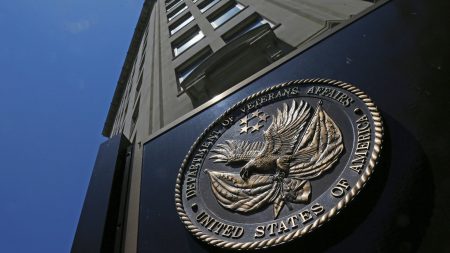Outbreak of Measles in Western Texas Continues to Grow
The number of measles cases associated with an outbreak in western Texas has grown to 146, according to new data released Friday. Almost all of the cases are in unvaccinated individuals or individuals whose vaccination status is unknown, with 79 unvaccinated and 62 of unknown status. At least 20 people have been hospitalized so far, according to the Texas Department of State Health Services (DSHS). Just five cases have occurred in people vaccinated with one dose of the measles, mumps, rubella (MMR) vaccine. Children and teenagers between ages 5 and 17 make up the majority of cases with 70, followed by 46 cases among children ages 4 and under. So far, just one death has been reported in an unvaccinated school-aged child, according to DSHS. It marks the first measles death in the U.S. in a decade, according to data from the Centers for Disease Control and Prevention (CDC).
The Epicenter of the Outbreak and Rising Vaccine Exemptions
Gaines County is the epicenter of the outbreak, with 98 cases confirmed among residents, according to DSHS. State health data shows the number of vaccine exemptions in the county have grown dramatically. Roughly 7.5% of kindergarteners in the county had parents or guardians who filed for an exemption for at least one vaccine in 2013. Ten years later, that number rose to more than 17.5% — one of the highest in all of Texas, according to state health data. The CDC has separately confirmed 93 cases in eight states so far this year in Alaska, California, Georgia, New Jersey, New Mexico, New York, Rhode Island, and Texas. The total, however, is an undercount due to delays in reporting from states to the federal government. The majority of nationally confirmed cases are in people who are unvaccinated or whose vaccination status is unknown. Of the cases, 4% are among those who received one dose of the measles, mumps, rubella (MMR) shot.
Measles: A Highly Contagious Disease
Measles is one of the most contagious diseases known to humans. Just one infected patient can spread measles to up to nine out of 10 susceptible close contacts, according to the CDC. Health officials have been urging anyone who isn’t vaccinated to receive the MMR vaccine. The CDC currently recommends that people receive two vaccine doses, the first at ages 12 to 15 months and the second between 4 and 6 years old. One dose is 93% effective, and two doses are 97% effective. Most vaccinated adults don’t need a booster. Measles was declared eliminated from the U.S. in 2000 due to the highly effective vaccination program, according to the CDC. However, CDC data shows vaccination rates have been lagging in recent years.
The Importance of Vaccination in Preventing Measles
The recent outbreak in Texas highlights the importance of vaccination in preventing the spread of measles. The vast majority of cases are among unvaccinated individuals or those with unknown vaccination status, emphasizing the need for communities to maintain high vaccination rates to protect vulnerable populations. Health officials statewide are urging parents to ensure their children are fully vaccinated against measles and other preventable diseases. Schools and healthcare providers are also playing a crucial role in educating the public about the safety and effectiveness of vaccines.
Efforts to Contain the Outbreak and National Implications
Local and state health authorities are working tirelessly to contain the outbreak and prevent further spread. Public health campaigns are being intensified to encourage vaccination, particularly in areas with low vaccination rates. The Texas Department of State Health Services is collaborating with the CDC to monitor the situation and provide support to affected communities. Nationally, the outbreak underscores the challenges posed by declining vaccination rates and the importance of maintaining robust vaccination programs. The emergence of measles cases across multiple states serves as a reminder of the need for continued vigilance and collective action to protect public health.
Conclusion: A Call to Action for Community Health
The measles outbreak in western Texas is a stark reminder of the risks associated with low vaccination rates and the importance of collective responsibility in maintaining community health. While the measles vaccine is highly effective, its effectiveness depends on widespread uptake to prevent the spread of the disease. The recent death of an unvaccinated child serves as a tragic reminder of the potential consequences of not being vaccinated. As health officials work to contain this outbreak, it is crucial for individuals and communities to take proactive steps to ensure they are fully vaccinated and to support public health initiatives that protect everyone. By working together, we can prevent future outbreaks and safeguard the health of our communities.





